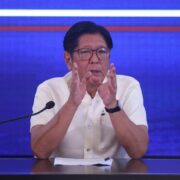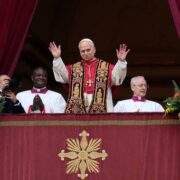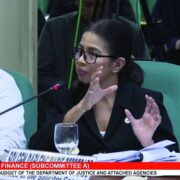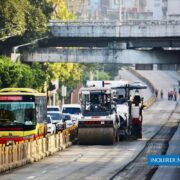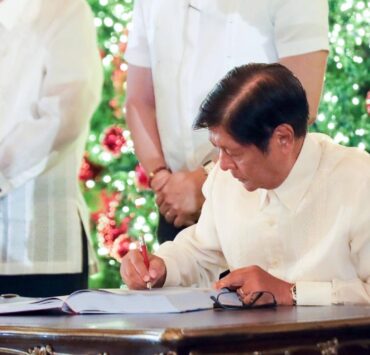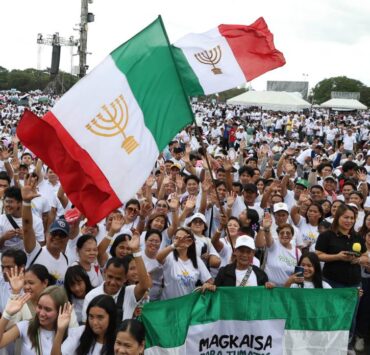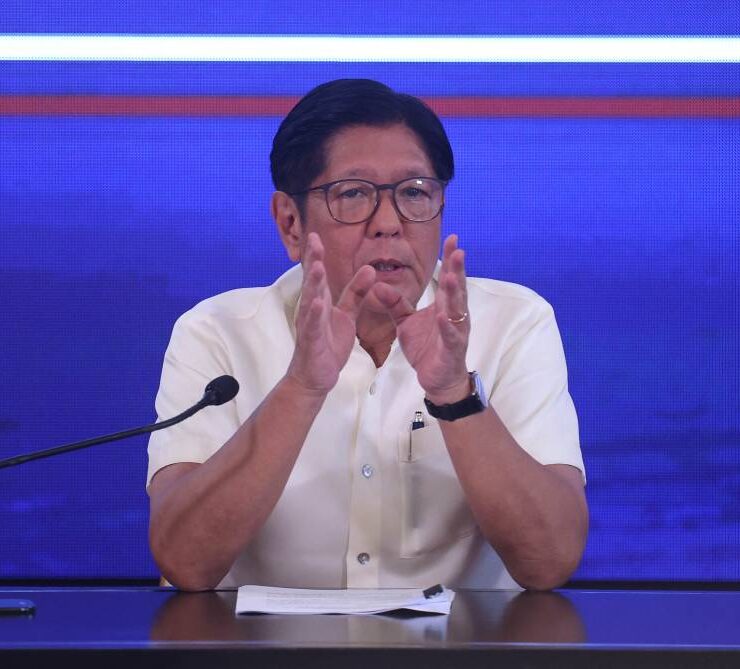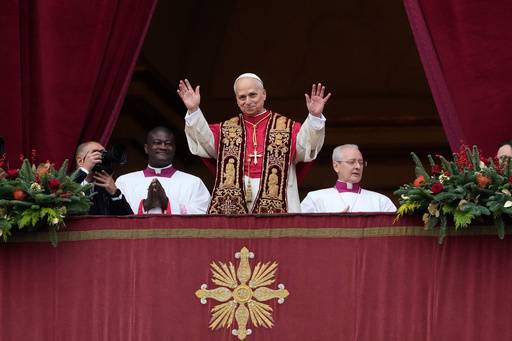SC: Cash-strapped poll bets not automatically ‘nuisance’

Lack of funds for a nationwide campaign does not automatically make someone a nuisance candidate, even for the presidency, the Supreme Court said, as it set aside the poll body’s resolutions that canceled a 2022 presidential aspirant’s candidacy.
In a 16-page decision penned by Senior Associate Justice Marvic Leonen, the Supreme Court en banc found that the Commission on Elections (Comelec) acted with grave abuse of discretion in declaring the petitioner, Juan Juan Olila Ollesca, as a nuisance candidate.
The high court noted that the Comelec relied solely on a “general and sweeping allegation” on Ollesca’s financial incapability to mount a decent and viable campaign—a property qualification prohibited under the Constitution.
“It failed to discuss, much less adduce evidence, showing how petitioner’s inclusion in the ballots would prevent the faithful determination of the electorate’s will,” the Supreme Court said in its decision on G.R. No. 258449, promulgated on July 30, 2024, made public on Monday.
In effect, the high court belatedly granted Ollesca’s petition for certiorari and voided Comelec’s 2021 resolution declaring him a nuisance candidate and the 2022 order that denied his motion for reconsideration.
Case of independent bet
The Omnibus Election Code prohibits nuisance candidates—those who are not serious about running for office and only seek to confuse voters or mock the election process, as they could interfere with the true will of the voters.
In October 2021, Ollesca, running as an independent candidate and identifying himself as an entrepreneur, filed his certificate of candidacy for the presidency.
The Comelec’s law department subsequently filed a petition to declare Ollesca a nuisance candidate, asserting that he was “virtually unknown except possibly in the locality where he resides.”
The poll body argued that he lacked the ability to conduct a nationwide campaign to gain recognition and persuade voters, suggesting he had no genuine intention to run and might undermine the election process.
In siding with Ollesca, the high tribunal reaffirmed its rulings in Marquez v. Comelec and De Alban v. Comelec, which held that the poll body cannot equate financial capacity with a bona fide intention to run for public office. The requirement of financial resources to conduct a campaign constitutes a property qualification, which is prohibited under the Constitution and cannot serve as a legitimate basis for declaring a candidate a nuisance.
It acknowledged that the sheer volume of candidates poses logistical challenges, potentially leading to an unwieldy ballot and hampering the electorate’s ability to make informed choices.
SC’s recommendations
The Supreme Court instead suggested that the Comelec streamline the electoral process “while simultaneously allowing a fair and accessible competition among candidates by effectively managing its resources and reducing voter confusion through its ability to regulate a finite number of candidates and a manageable ballot.”
The high court said further that the poll body may also consider other factors in determining a candidate’s lack of bona fide intention to run for public office, such as their inability to organize a campaign.
This may be manifested through the lack of nomination by an established political party, national organization or coalition, labor union, or similar movement.

